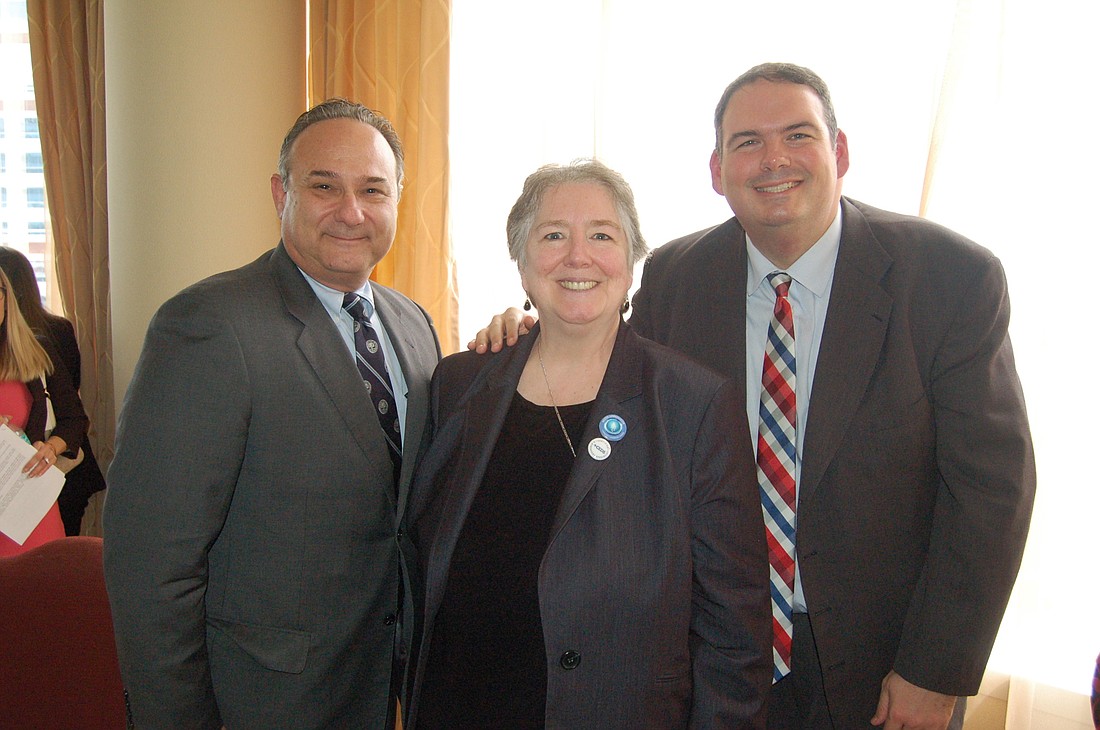
When it comes to doing the court’s business and moving cases through the system in a timely manner, communication is the key to success.
That was the subject of a CLE presented last week at the Smith Hulsey & Busey law firm by the Jacksonville Bar Association and the Association of Certified E-discovery Specialists Jacksonville chapter focused on electronic discovery and professionalism.
Duval County Judge Gary Flower and 4th Judicial Circuit Judge Eric Roberson participated in the discussion moderated by Mary Mack, executive director of ACEDS.
As a matter progresses from filing through discovery and into hearings, judges get a sense of the flow and often can evaluate how the process is progressing based on the level of communication exhibited between the opposing counsel and their communications with the court.
Flower, who has served on the bench for 30 years, said the pace of the judicial process has quickened and led to a shift in the system.
“Twenty years ago, you let the matters come to you. Now, we’re more aggressive in moving cases forward. Judges take a much more active role,” he said.
Each case is different, Roberson said, considering how the facts of the case affect pretrial proceedings and the personalities involved.
“As discovery goes, I let the case come to me,” he said. “There is a meticulous set of deadlines in the trial phase. Some attorneys may need more hand-holding and more time on the hearing calendar.”
One way judges can get an idea of how a case is likely to progress is evaluating the interaction between the representatives on both sides.
That’s better done sooner than later.
“I like to have a status conference early to get a feel for how the attorneys are communicating and getting along,” Flower said.
“A status conference or a case management conference is an extremely underutilized tool,” Roberson said.
Asked how attorneys can help move cases through the system efficiently, the judges came back to communication and professionalism.
“When we know a case needs special attention, that’s not good,” Roberson said. “When you come to us and say a case needs special attention, that’s good.”
“Gamesmanship affects the reputation of the profession and the cost of litigation,” Flower said. “Attorneys have an obligation to stop unprofessional behavior.”